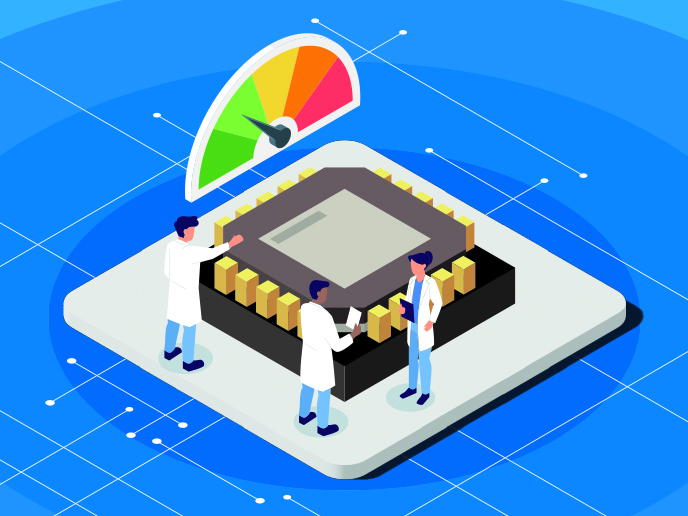II - Building Europe’s high performance computing capabilities
“EPI SGA2 will be a huge step towards equipping the EU with its own world-class supercomputing technology.”
Etienne Walter, EPI general manager
Because HPC has the capability to process extreme-scale simulations that are simply impossible to do with a single system, it has the power to transform research and business. Building the supercomputers we need to tackle these challenges requires a range of complex components. Delivering these materials requires a robust digital supply chain which currently doesn’t exist. “Europe needs to grow its ability to develop HPC components, especially high-end processors,” explains Etienne Walter from Atos France. “Otherwise, we will continue to depend on foreign imports, which not only raises security and sovereignty concerns, but also impacts the European balance of payments, and the competitiveness of European industry.” Projects like the European Processor Initiative (EPI), on which Walter serves as general manager, are helping to build Europe’s HPC capabilities. During its first phase, the project designed and developed a new family of low-power processors, including a general-purpose processor and accelerators. “Our innovative processors are crucial elements to build supercomputers and provide the performance demanded by HPC applications, as well as big data and machine learning applications,” says Walter. “Furthermore, our accelerators provide the much-needed energy efficiency for future exascale systems.” In the second phase of the project, which is funded by the EuroHPC Joint Undertaking, researchers aim to advance their processors towards market readiness. To do so, they aim to validate the first-generation processors and develop an even more powerful second-generation version. By the end of this second phase, Walter expects the high-end processor to be ready for use in the data centres that serve HPC applications. “Achieving this will be a huge step towards equipping the EU with its own world-class supercomputing technology,” concludes Walter.
Keywords
EPI SGA2, HPC, High Performance Computing, Supercomputer, technologies, digital sovereignty, quantum computing, innovation, green computing, energy-efficient, skills, SMEs



